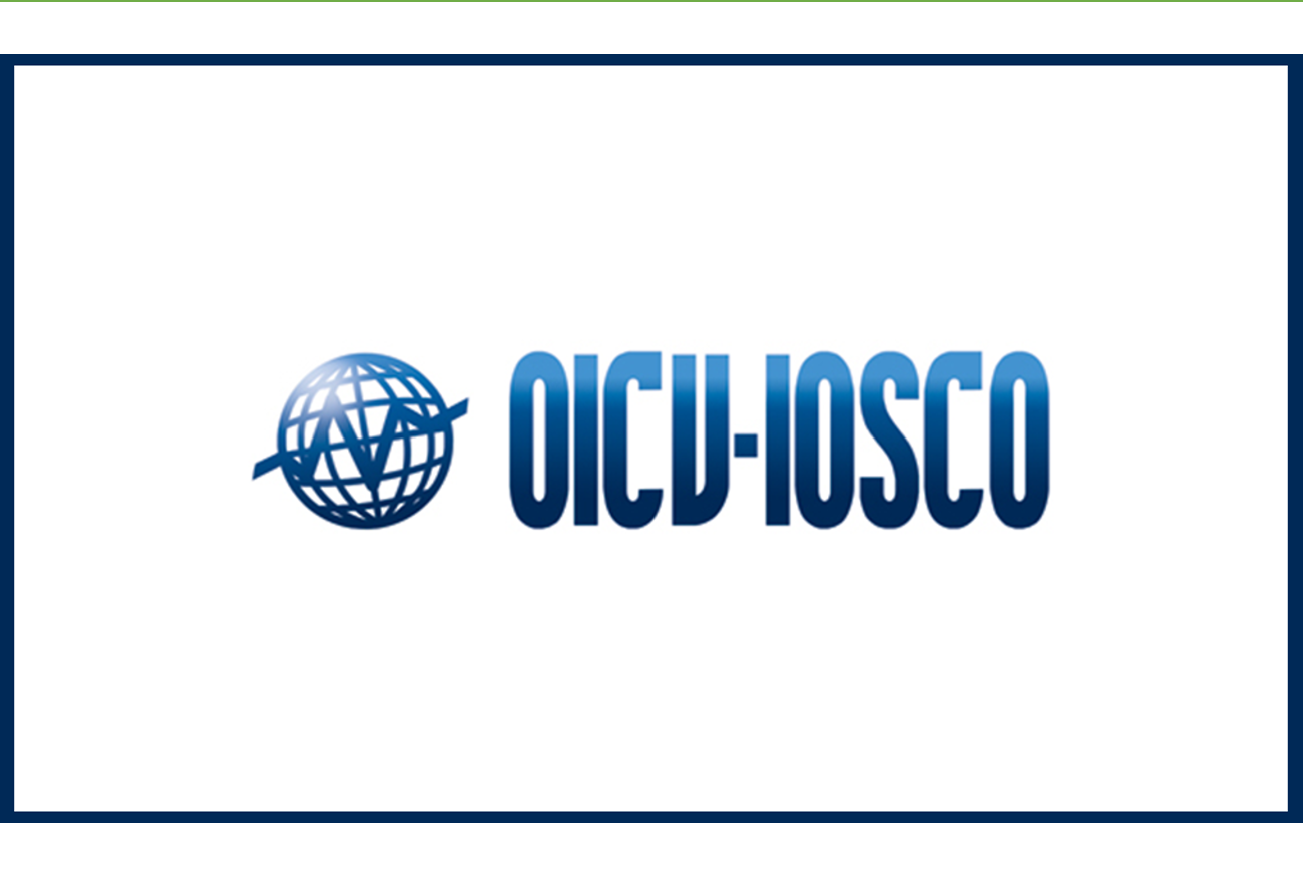
The International Organization of Securities Commissions (IOSCO) has concluded a recent report with 18 recommendations on how best to regulate the crypto and digital assets market.
IOSCO, which covers over 95% of all the world’s securities regulators, including U.S. Securities and Exchanges Commission (SEC), had first commented on the risks of 'crypto-asset trading platforms' in 2020.
The latest report has expanded the scope of the review to include all types of crypto-asset service providers (CASPs) and covered activities such as custody, stablecoin issuance and retail distribution. It identified risks for each activity followed by a principle-based recommendation.
In its executive summary, IOSCO highlights the need for greater international consistency in laws regarding crypto markets and calls for increased cooperation amongst its 130 member jurisdictions.
“One of IOSCO’s goals is to promote greater consistency with respect to how IOSCO members approach the regulation and oversight of crypto-asset activities, given the cross-border nature of the assets, the risk of regulatory arbitrage and the significant risk of harm to which retail investors continue to be exposed.”
Decentralized ledger technology (DLT) allows the cross-border movement of assets, sometimes leveraging regulatory differences, which can affect the health of local markets. This can be perpetrated by retail users, institutional clients or, most worryingly, service providers.
Due to the legacy of wrongdoing left by SBF and given the complexity of the operations of crypto asset service providers (CASPs), it is they who take center stage in the report.
IOSCO's recommendations stipulate rules for digital assets that would create a similar market to traditional financial assets, advising its members to guide themselves by the principles of “Same activities, same risks, same regulation/regulatory outcomes. ”
In this sense and regarding CASPs, the global cooperative set out guidelines to put in place governance and organizational requirements, address conflicts of interest arising from order handling and crypto-asset listing, prevent abusive behavior, discriminate cross-border activity, safeguard clients’ monies and assets, and ensuring CASPs are thorough in evaluating the risks of their retail clients.
In the past year, several jurisdictions (and several regulators within those jurisdictions) have taken steps to regulate the crypto market. However, the authors of the report believe that only by putting in place similar sets of rules can countries prevent the regulatory arbitrage that has dominated crypto since its inception.
As the market becomes more complex and new players, services, and technology appear, the international organization suggests that the responsibility to prevent the next bull market from hitting as hard as the previous one is on markets and countries. The IOSCO report reminds us that an 'every person for themselves' approach might not achieve the best results.
Finally, the report documents the feedback collected by IOSCO from industry participants. While generally positive, there are comments about the lack of unified taxonomy for cryptocurrency. This year, IOSCO also consulted on proposed policy recommendations for DeFi, which are expected to be finalized by the end of 2023. We will stay tuned to Observe.

